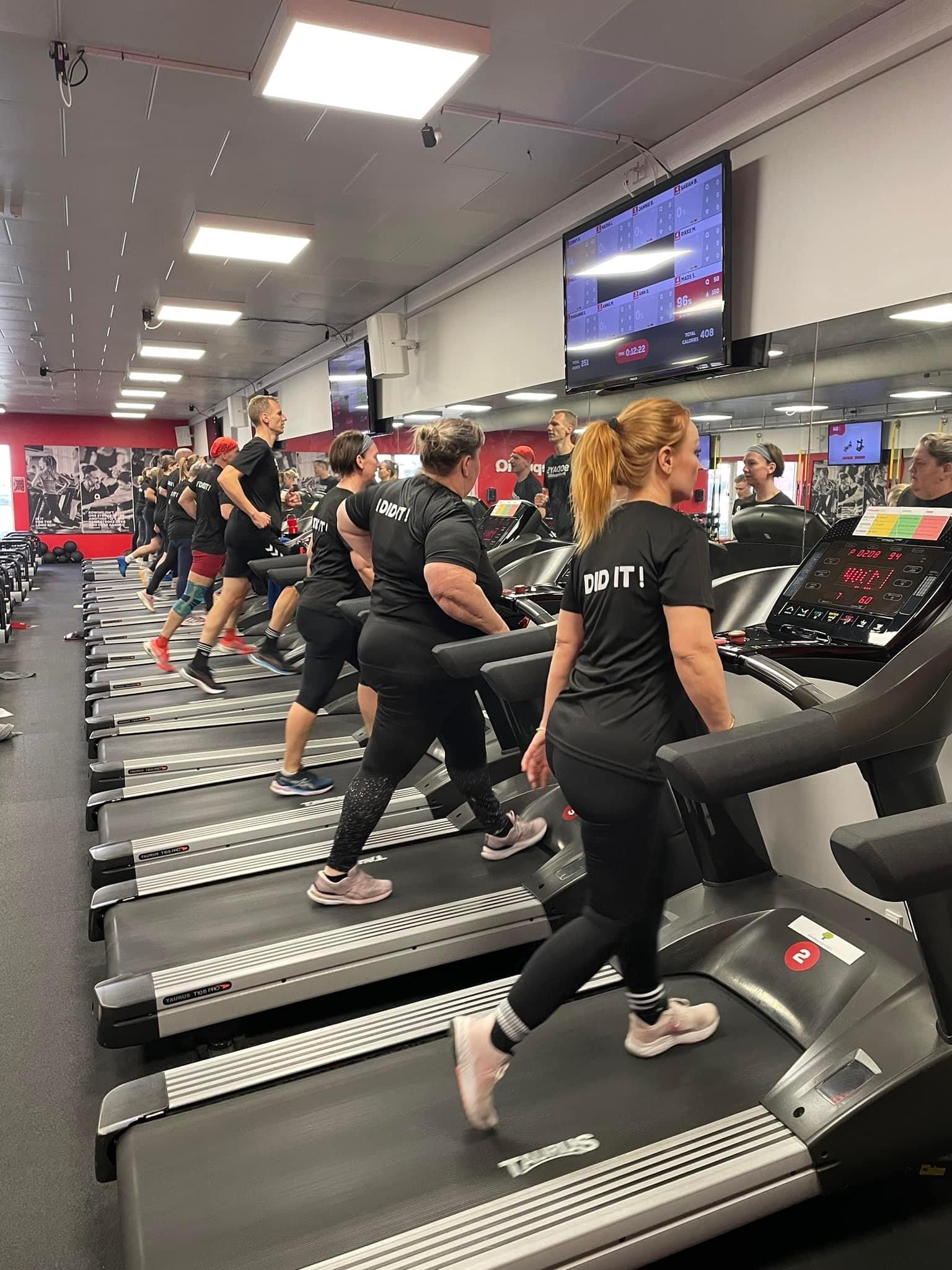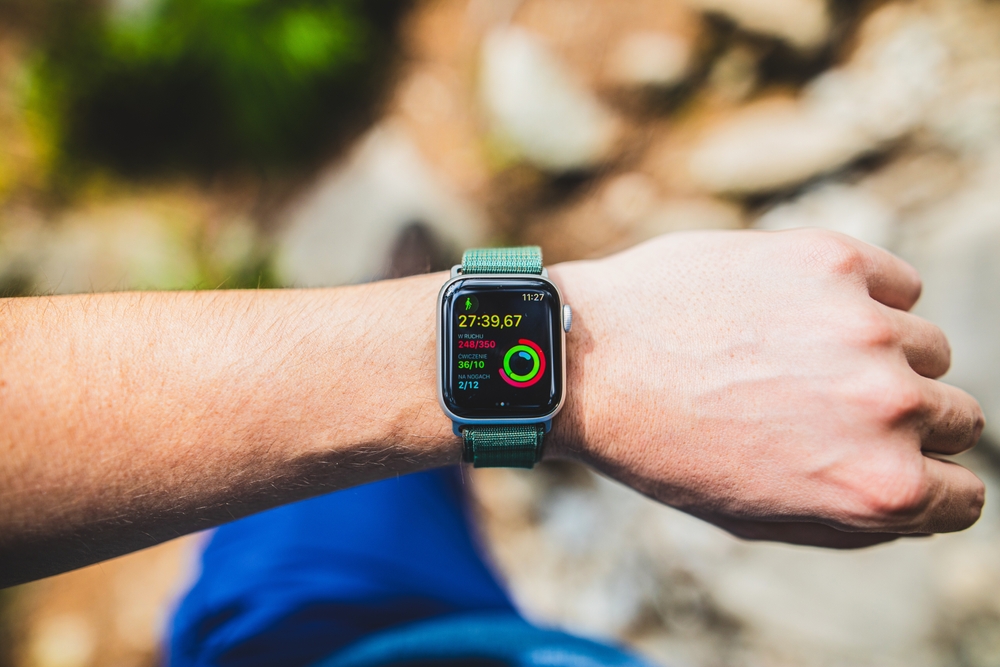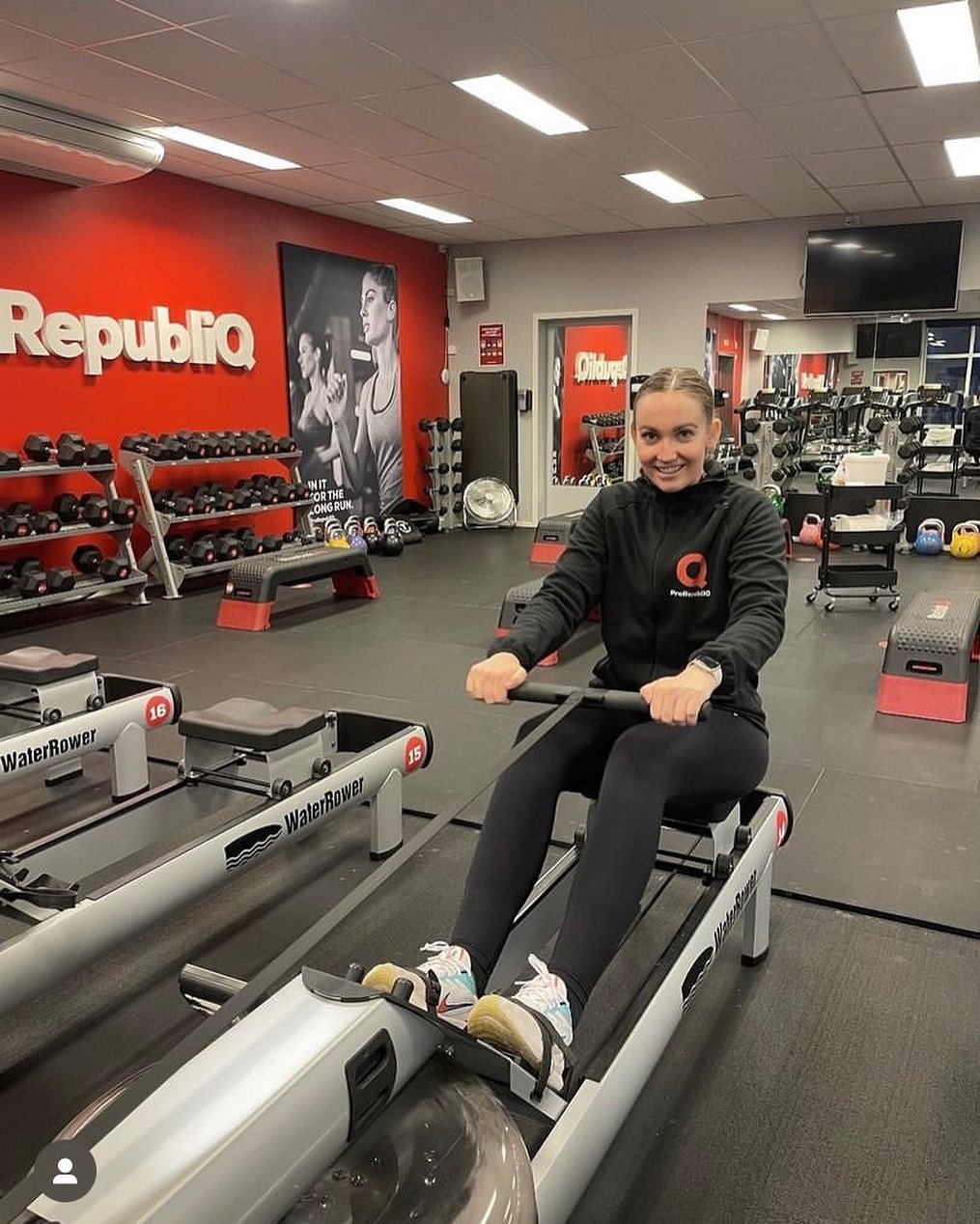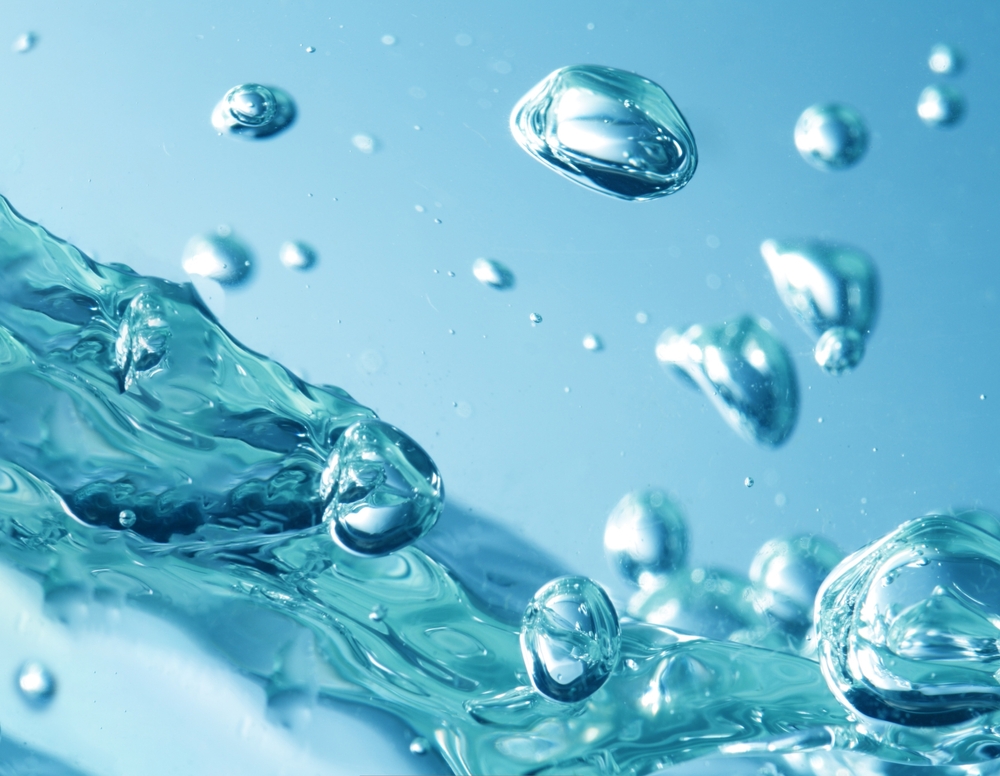The Role of Hydration in Exercise
Hydration plays a multifaceted role in exercise, and understanding its importance is key to maximizing your fitness results:
- Regulation of Body Temperature: During physical activity, your body temperature rises. Sweating is the body’s natural cooling mechanism. Staying hydrated ensures that you can sweat efficiently and prevent overheating.
- Sustained Energy: Dehydration can lead to a drop in blood volume, making your heart work harder to pump blood to your muscles. This results in early fatigue, reduced endurance, and decreased energy levels.
- Joint Lubrication: Proper hydration helps maintain the lubrication of joints, reducing the risk of injury and enhancing your performance during weight-bearing exercises.
- Nutrient and Oxygen Delivery: Adequate water intake ensures that essential nutrients and oxygen are transported to muscles, enhancing their functionality and reducing the likelihood of cramps and muscle fatigue.
Dehydration: The Enemy of Fitness
Dehydration is a formidable adversary to your fitness goals. Its consequences can be detrimental to your workout and overall well-being:
- Decreased Performance: Even mild dehydration (as little as 2% of body weight) can impair exercise performance. You may experience reduced strength, endurance, and coordination.
- Increased Risk of Injury: Dehydrated muscles are more susceptible to cramps and strains, increasing the likelihood of exercise-related injuries.
- Slower Recovery: Post-workout recovery is hampered by dehydration. Proper hydration facilitates the repair of muscle tissue and helps remove waste products.
- Heat-Related Illness: Severe dehydration can lead to heat-related illnesses such as heat exhaustion or heatstroke, which can be life-threatening.
Optimal Hydration Strategies
To ensure you’re reaping the benefits of proper hydration during exercise, consider these strategies:
- Pre-Workout Hydration: Drink water a couple of hours before your workout to ensure you start well-hydrated. Aim for about 16-20 ounces (500-600 ml) of water.
- During Exercise: Depending on the intensity and duration of your workout, aim to sip water regularly. In longer workouts, consider sports drinks that contain electrolytes to replenish lost minerals.
- Post-Workout Hydration: Rehydrate after exercise to replace fluids lost through sweat. Drinking an additional 16-24 ounces (500-750 ml) of water is recommended.
- Listen to Your Body: Pay attention to your body’s signals. Thirst is a clear indicator that it’s time to drink, but try not to wait until you’re parched.
- Account for Individual Factors: Factors like climate, body size, and the intensity of exercise can influence your hydration needs. Customize your water intake accordingly.
Conclusion
Hydration is a fundamental pillar of successful fitness endeavors. Whether you’re an avid athlete or just beginning your fitness journey, drinking enough water is vital to your performance, recovery, and overall health. By prioritizing hydration as a key component of your exercise routine, you’ll be better equipped to achieve your fitness goals, reduce the risk of injuries, and experience the full benefits of your hard work and dedication. So, remember to keep that water bottle handy and stay hydrated to unleash your full potential in every workout.
















